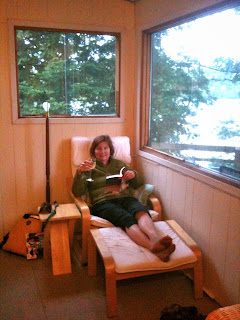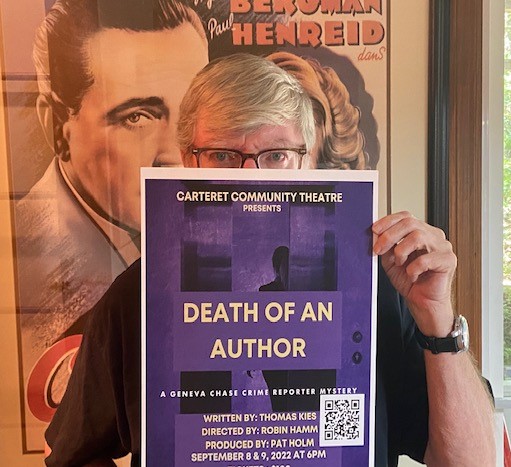Today is the final day of August, and although summer officially ends on September 22, in reality, for most of us it ends on Labour Day. As the lazy, hazy days of summer draw toward a close, I can feel society collectively girding its loins and gearing up to face the renewed demands of work. Stores are full of families in search of back to school supplies and clothes, ads seem to be about nothing else, and adults are sizing up their fall wardrobes to see what is still presentable (and still fits). Vacations are coming to an end.
But I spent almost all of my life on a regular working-stiff schedule, with the last twenty-five years of it in a school system for which Labour Day was truly the beginning of a new work year. That pattern of marking Labour Day as the end of relaxed summer and the gearing up for serious work is deeply engrained, and even after ten years, it still feels like a transitional moment. As it approaches, I look ahead to what my fall writing plans are. Being between writing projects, I have had a very lazy summer of reading and visiting with family and friends. Now I feel the pressure to get moving and get productive again. I'm not the kind of person to stay idle and I'm not ready for the rocking chair on the porch.
Time for a new writing project.
If Douglas is nearing the summit of the proverbial "first draft" mountain, I am standing some distance from the base, gazing at it in the distance and wondering where the entry path is. Indeed, if there even is an entry path.
 |
| Here's my mountain, remote and obscure. |
Often I start my hunt for the entrance by researching the topic or setting. I order numerous books and settle down to a couple of months of background reading. I do have a germ of an idea for a story I'd like to tell and I suspect I'll have a lot of reading to prepare for it. Exploring new topics and gaining new insights that spark my imagination are always exciting parts of the writing process for me.
So I'll get on to the various book sites (used and new) and order some titles. Then immediately after Labour Day, I'll be ready to hit the ground, if not running, at least with a decent level of drive and excitement.




















